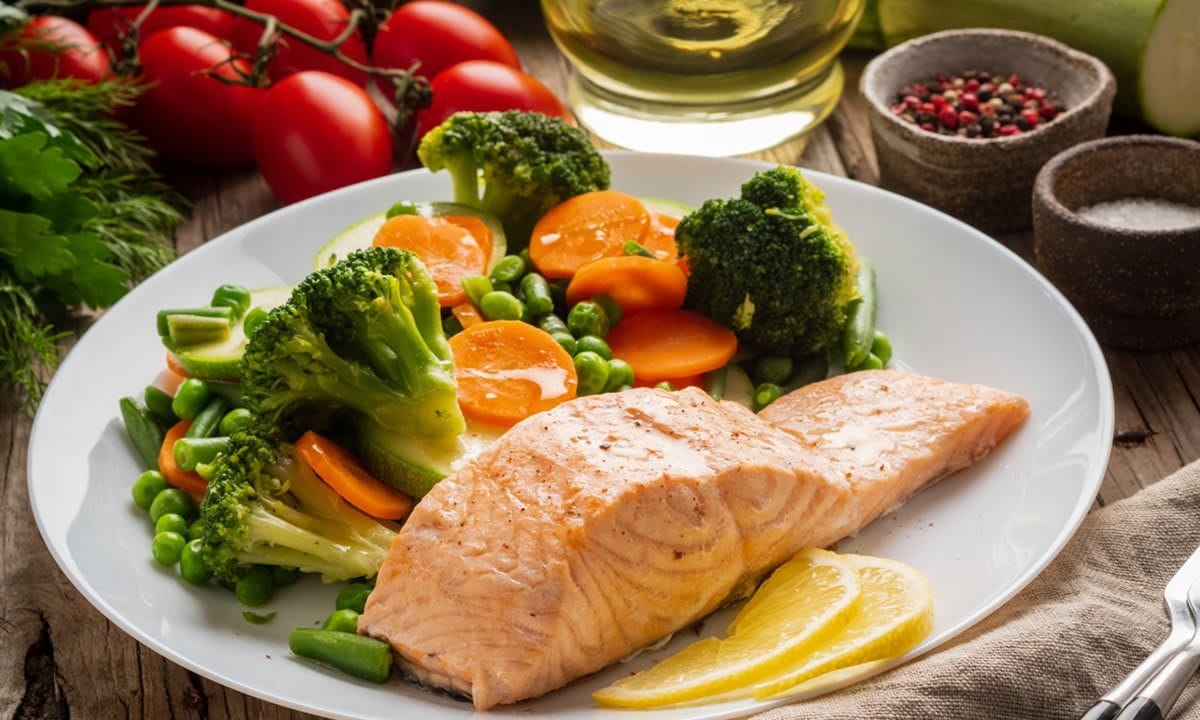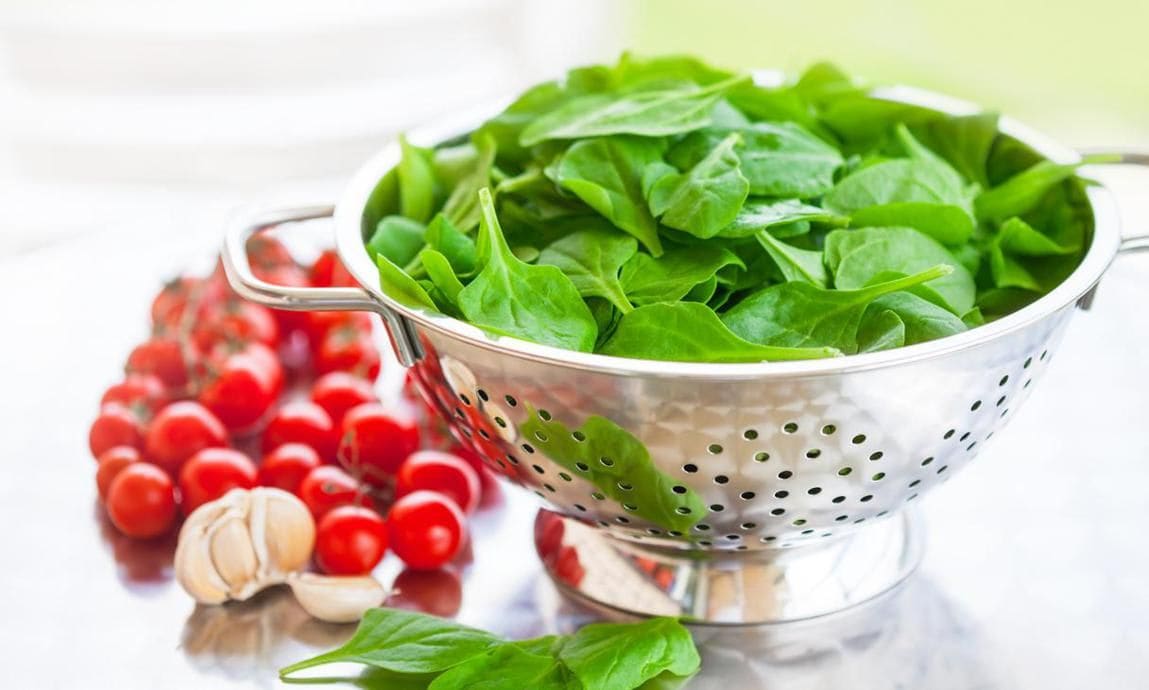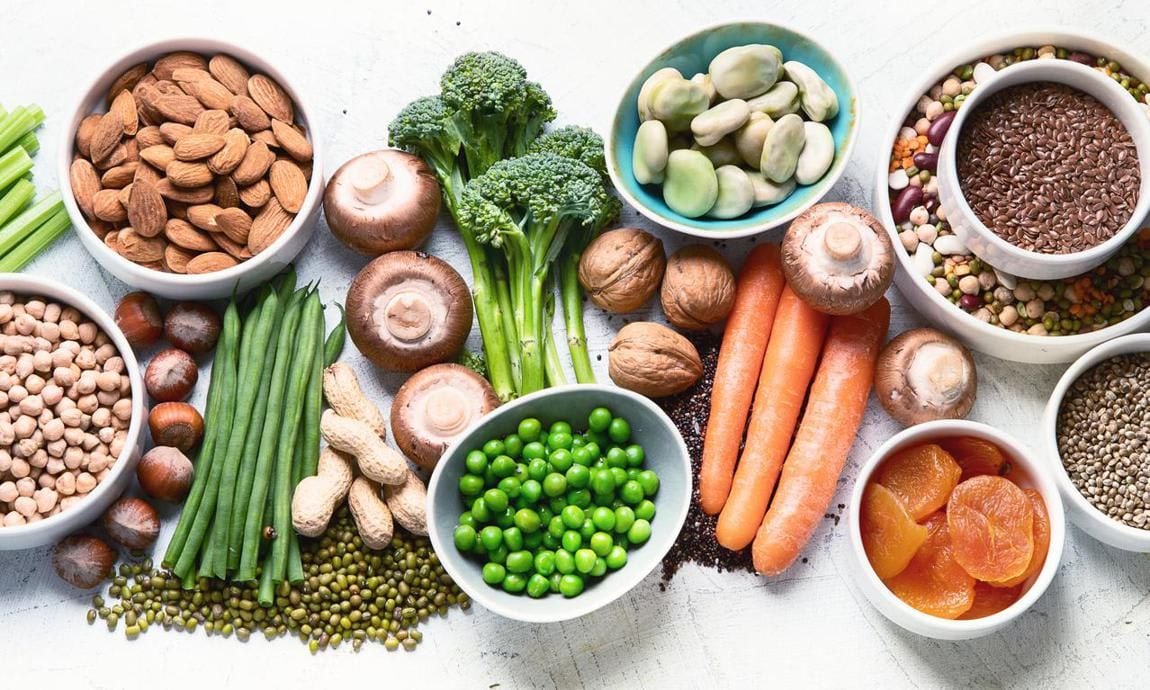Maintaining a strong immune system is essential to ensuring your body functions well. In this case, proper nutrition plays a fundamental role in strengthening your natural defenses against outside threats like infections, particularly now that society is fighting off the SARS-Cov-2 coronavirus that causes COVID-19. That’s why it is extremely important to take preventative measures, such as frequently washing your hands with soap and water or using hand sanitizer, disinfecting surfaces, covering your mouth and nose when you sneeze or cough, and avoiding crowds.
There are no magic formulas that prevent infection and it is difficult to make up for deficiencies in your body in very little time, but you can establish healthy lifestyle habits that help your body to be in the best possible condition.
Staying away from ultra-processed foods with little nutritional value and maintaining a healthy, balanced diet —in other words, a diet with the correct amount of every food group—are steps you can take to strengthen your defenses. Making this a habit will improve your overall quality of life now and always. That is why we recommend eating a range of fruits and vegetables, legumes, whole grains, proteins—such as lean meat—and oils like olive oil. Specialists agree that nutrients like selenium, vitamins A, B6, C, and E, zinc, copper, folic acid, and iron are necessary to protect your immune system and ensure that it works properly. So, where can you find them?
Many foods are high in vitamin C, or ascorbic acid, one of the most well-known anti-viral and antioxidant vitamins. Although citrus fruits like oranges, lemons, and tangerines are the most famous, you can also find it in guavas—228 milligrams per 100 grams—pomegranates, cranberries, strawberries, blackberries, papayas, watermelons, and kiwis, as well as red bell peppers, tomatoes, and green leafy vegetables.
Nuts are an excellent source of vitamin E that, when consumed in sufficient quantities, are essential to ensuring the immune system works properly and producing antibodies. You can find them in foods with a significant amount of fat—like olive, sunflower, or corn oils—but also considerable amounts in walnuts, hazelnuts, pistachios, and almonds. In fact, almonds help to maintain a stable level of white blood cell production.
Spinach contains folic acid, folates, fiber, magnesium, and vitamin A, which help in the production of antibodies to fight off infections. You can also find these nutrients in carrots, pumpkins, and sweet potatoes, in addition to vitamin C.
Broccoli, apart from being one of the healthiest vegetables, is rich in nutrients. Its stalk contains protein, carbohydrates, fiber, vitamins A, B1, B2, B6, C, and E, potassium, calcium, copper, iron, and folic acid.
Garlic is another healthy food to include in your diet. Although there are many myths about it, what is certain is that it is a healthy food with anti-microbial properties. This is primarily because it contains allicin, an anti-bacterial and anti-inflammatory compound. Its strong taste helps you to use less salt in food. Its micronutrients include vitamins B6 and C, iron, phosphorus, iodine, magnesium, and selenium.
Legumes are another powerful ally that, according to recommendations, should be consumed in two or three weekly portions. Peas, chickpeas, lentils, fava beans, and kidney beans provide a significant amount of zinc, iron, and vitamin B6, or pyridoxine—also present in poultry and fish—which directly supports your immune system and nervous system.
To improve your nutrition, include mushrooms in your diet, as they provide riboflavin, vitamin B, potassium, niacin, and also beta-glucans and selenium. Fermented dairy products such as yogurt or kefir help to improve your defenses.
Everyone has specific needs associated with age, medical treatments, and other medical factors. Generally, a healthy lifestyle will help your immune system’s inner workings to run smoothly. That’s why—apart from focusing on your diet—being well hydrated, keeping your stress and anxiety levels low, sleeping enough, and exercising are recommended habits you should continue to do over time.
,type=downsize)








